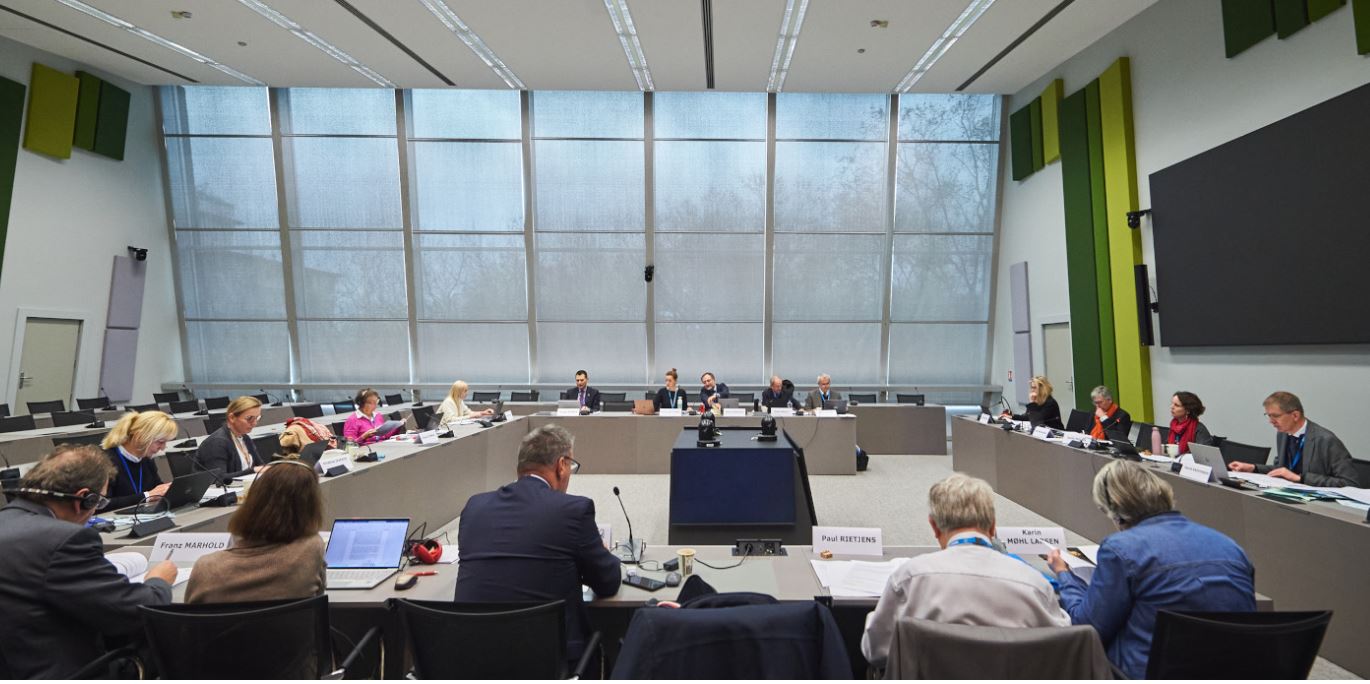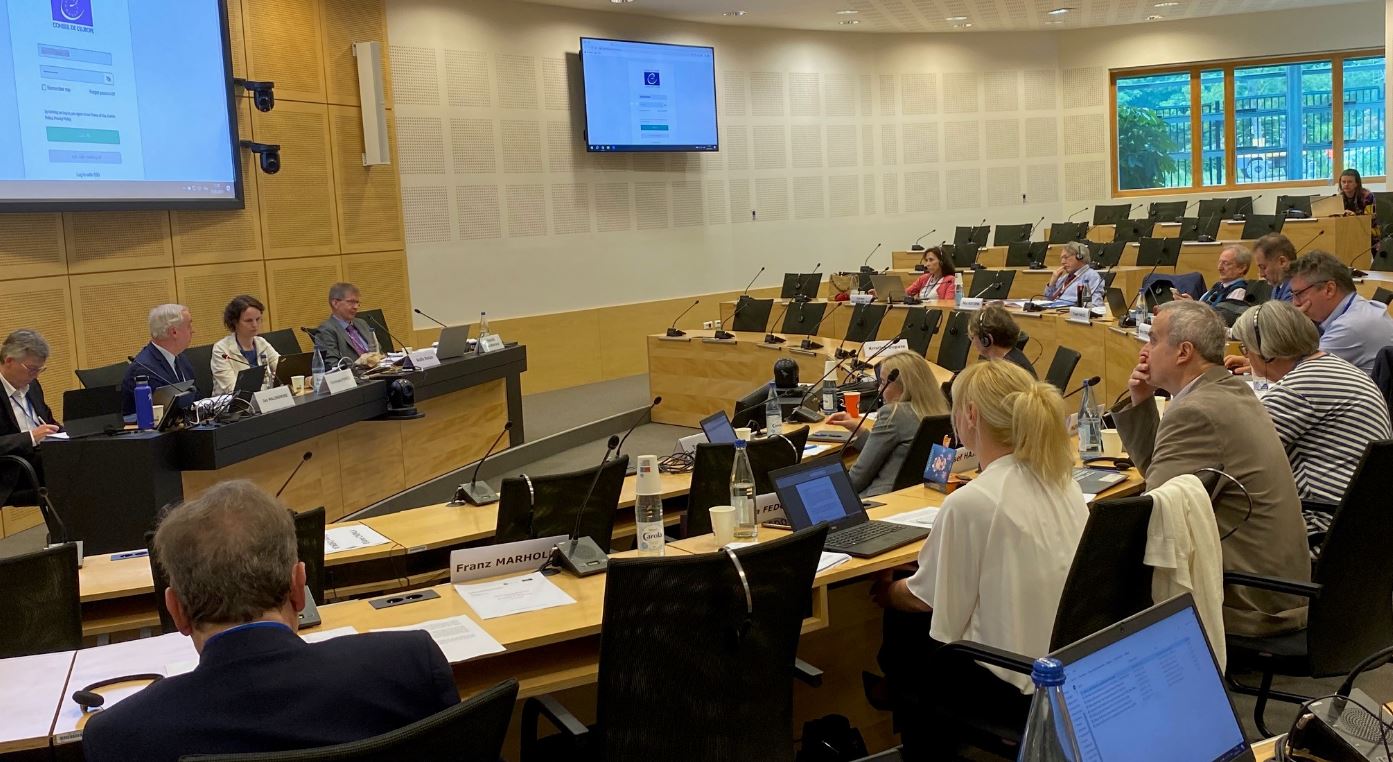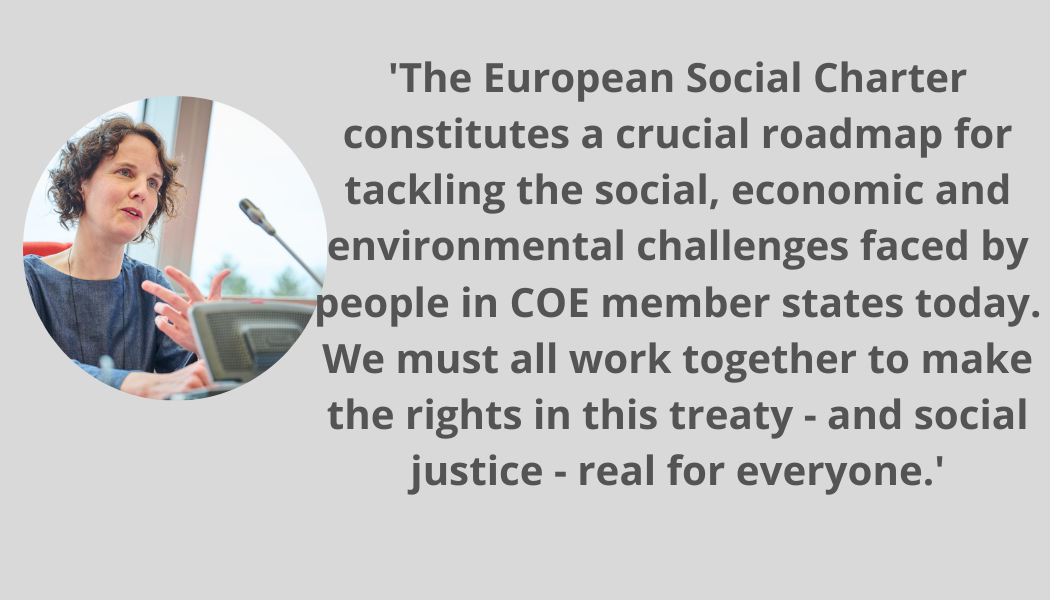The European Committee of Social Rights adopted during its 322nd session (6-10 September 2021):
The complaint was registered on 26 October 2020. Validity alleges that the measures taken by the Government to tackle the COVID-19 pandemic in spring 2020 violate the rights of persons with disabilities under Article 11 (the right to health), Article 14 (the right to social services) and Article 15 (the right to independence and inclusion in the community) as well as Article E (non-discrimination) in conjunction with each of the invoked provisions of the Revised European Social Charter. Validity argues in particular that:
- the Government did not adopt appropriate measures to protect the life and health of persons (Article 11) during the pandemic where residential institutions became hotbeds for the spread of the virus;
- the Government failed to fulfil its obligation to ensure that persons with disabilities were immediately provided the opportunity to move from these units into the community with appropriate supports;
- the Government also failed to ensure that persons with disabilities had access to health care services and facilities on a basis of nondiscrimination;
- the measures adopted by the Government led to the complete isolation of persons with disabilities living in “housing service units” thus limiting their right to social services, and to independence and inclusion in the community as enshrined in Articles 14 and 15 of the Charter.
Validity further requested the Committee to give priority to the complaint.
The Committee unanimously declared the complaint admissible on 8 September 2021 and decided, by 14 votes to 1, that it was not necessary to give priority to this complaint.
The complaint was registered on 26 March 2021. SMB Norge alleges that the current system of selecting lay judges to sit in Norwegian courts in employment and dismissal cases violates Article 24 (the right to protection in cases of termination of employment) of the Revised European Social Charter in that the parties themselves nominate and decide on the lay judges who are to sit in these cases. SMB Norge alleges that this system thus weakens the independence of the courts, especially with regard to the requirement of being an "impartial body".
The Committee unanimously declared the complaint admissible on 8 September 2021.
- The decision on the merits in European Youth Forum (YFJ) v. Belgium, Complaint No. 150/2017
The complaint was registered on 11 May 2017. The European Youth Forum (YFJ) alleged that the Volunteer Rights Act of 3 July 2005, permitting the practice of unpaid internships, and the lack of enforcement of a number of provisions in the national legislation regulating internships, violate Articles 4§1 (the right of workers to a remuneration such as will give them and their families a decent standard of living) and 7§5 (the right of young workers and apprentices to a fair wage or other appropriate allowances) in conjunction with Article E (Non-discrimination) of the Revised European Social Charter.
The YFJ alleged that in practice, the Belgian Volunteer Rights Act of 3 July 2005 results in widespread use of unpaid internships (outside of secondary and post-secondary education) and that a number of legislative provisions aiming to curtail such unpaid internships are not duly enforced. According to the YFJ, the Labour Inspectorate has proven to be inefficient in detecting and preventing abusive replacing of paid jobs with unpaid internships. Moreover, the YFJ complained that non-payment of interns results in discrimination against those young people who are unable to afford to work for extended periods of time without pay, but also against the unpaid interns themselves by denying them the right to fair wages while guaranteeing this right to other categories of workers.
Pursuant to Article 8§2 of the Protocol providing for a system of collective complaints, this decision will not be made public until after the Committee of Ministers has adopted a resolution, or no later than four months after it has been transmitted to the Committee of Ministers.







